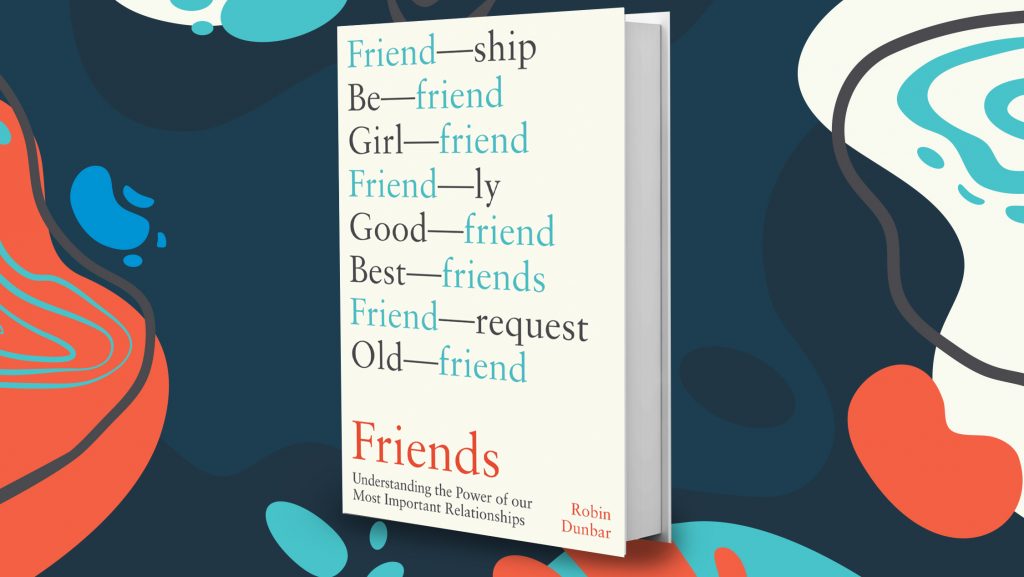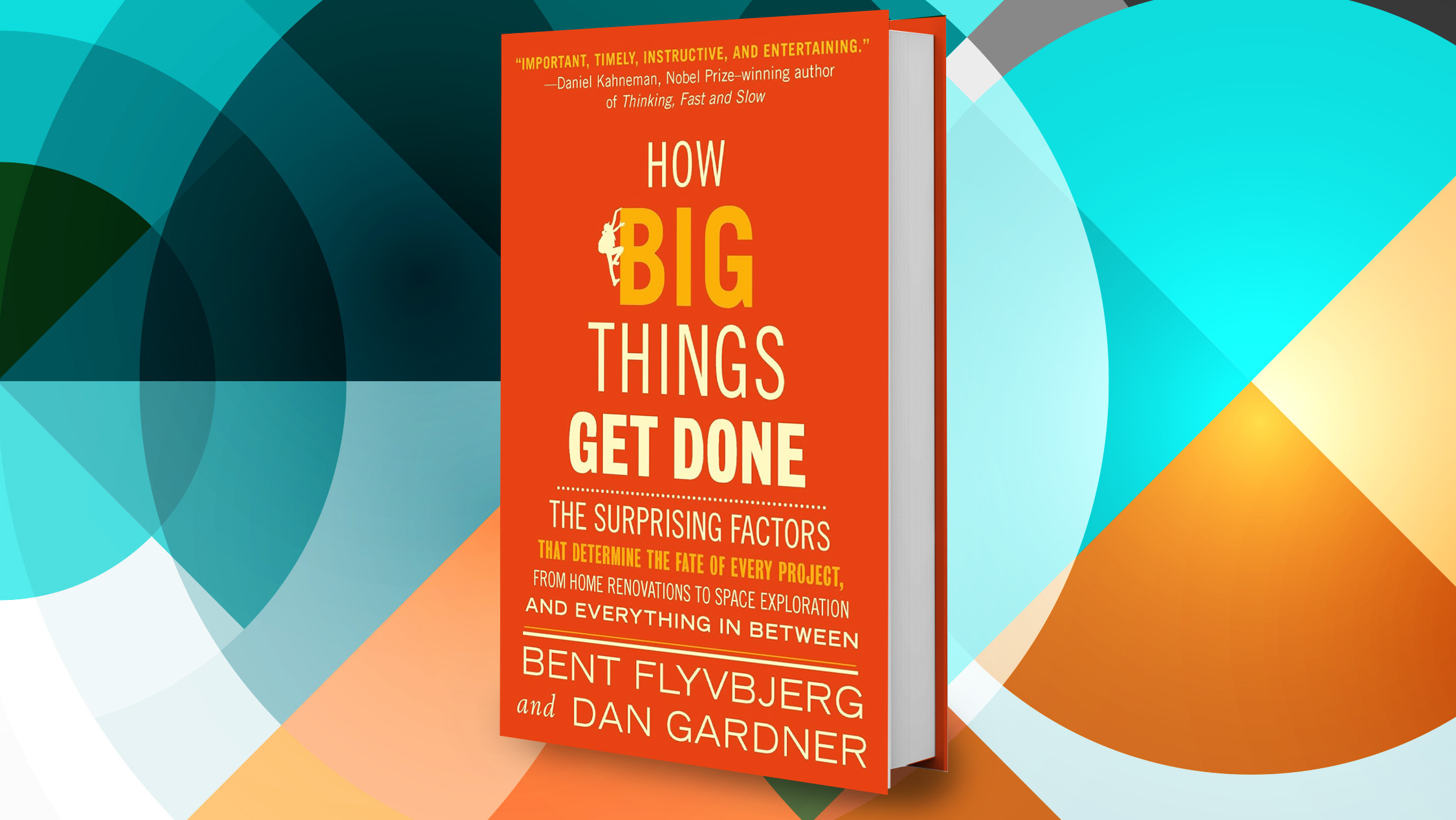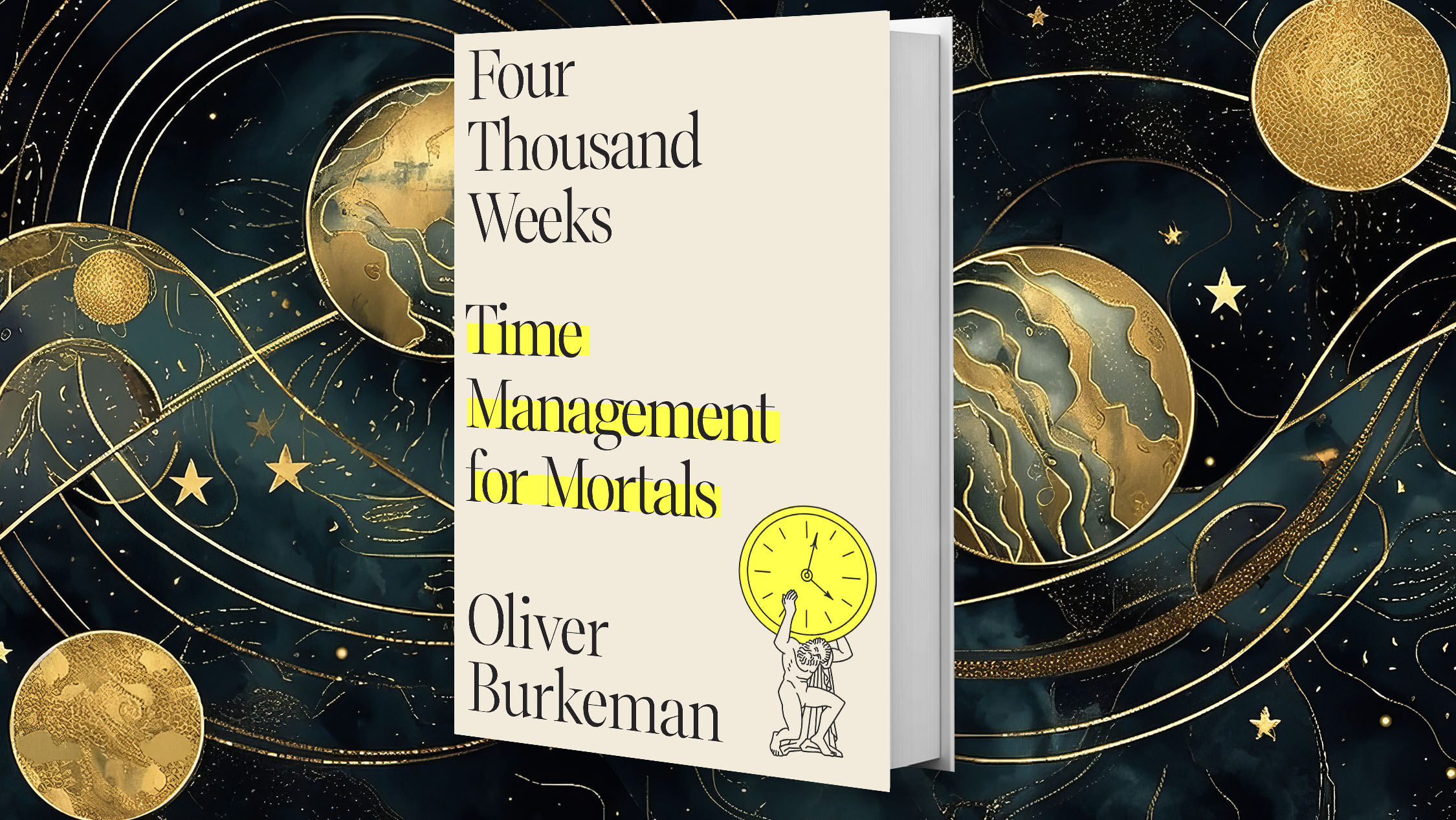Good friends are one of life’s truly great joys. Friendships are some of the most important yet least discussed types of relationships we will have in our lives. Many studies have found that friendships are vital to our health and wellbeing. The isolation of the past two years has certainly taught me how, now more than ever, these relationships are essential and need to be nurtured.
In his latest book Friends: Understanding the Power of Our Most Important Relationships, evolutionary psychologist Robin Dunbar looks at how and why we are friends. Dunbar is known for being the first to suggest that there may be a cognitive limit to the number of people with whom we can comfortably maintain stable relationships at once – the proposed number is 150.
Dunbar unravels this number in Friends. Evaluating several decades of research by people in many different disciplines, he stands by his number, explaining that it really isn’t a single number.
When collecting data on personal friendships, he asked people to list everybody in their friendship circles, when they last saw them, and how emotionally close they felt to them on a simple numerical scale. It turns out that our relationships are highly structured into circles of friendship, meaning that we don’t see or have contact with people in our social network equally.
We tend to have a layer of five shoulders-to-cry-on friendships, people who will drop everything to support us. The next layer of 15 includes the previous five, and comprises our main social companions, the people with whom we have fun times. We trust them enough to look after our children. The next layer, at 50, is the people you invite for a big weekend lunch. The 150 layer is your weddings and funerals group who you see only occasionally.
Dunbar covers many topics, including the evolutionary origin of friendship, the brain mechanisms behind individual differences in social skills, differences in friendship style between men and women, how friendships change from kindergarten to retirement village, and the differences between online and real-world friendships.
If you have ever wondered why most women have a best friend, why so many men struggle to share confidences, why a fallout with a friend is so painful, or what effect friends have on our mental and physical health, you are likely to find answers in this insightful and timely book.
Dunbar opened my eyes to the many dimensions of friendships and the central role friends play in shaping who we are as individuals and as a species.
His key message is that the number and quality of our friendships may have a bigger influence on our happiness, health, and longevity than anything else in life save for giving up smoking.
The book is not only intellectually stimulating, but also very readable. Anecdotes and amusing observations make it easily accessible. I think it’s a great read for anyone interested in psychology, human evolution, and behavioral economics.




